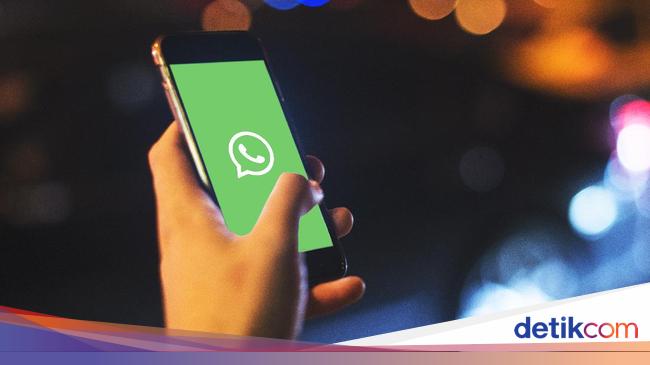Today, the use of the smartphone has become almost essential. However, the place that these devices occupy in the daily, varies from one individual to another.
Thus, if for some, this new technology remains a simple working tool, for others on the other hand, the smartphone is an integral part of their everyday life. A situation which is not without consequences.
Indeed, in addition to its known harmful effects on sleep, self-esteem, concentration, productivity and social relationships, the misuse of smartphones has serious consequences on life expectancy, according to the colleagues of New York Times.
How does permanent use impact life expectancy?
In its article, the American newspaper indicates that there is a hormone made by the adrenal glands (located above the kidneys) which “plays an essential role in the balance of blood glucose and the release of sugar from the body’s reserves in response to an increased demand for energy”. “It therefore causes spikes in blood pressure and influences the heart rate to” react to intense physical threats, “says the New York Times.
“However, if it is artificially produced to compensate for a source of emotional stress, its contribution can prove to be counterproductive, even harmful”, adds the newspaper.
Consultation compulsive
To believe the New York Times, when the use of the smartphone becomes compulsive, the level of cortisol (hormone made by the adrenal glands. It plays an essential role in the balance of blood glucose and the release of sugar from the body’s reserves in response to increased demand for energy) rest high, because the hormone tirelessly relieves the feeling of stress.
The causes are not lacking not: unpleasant emails, anxiety-inducing notifications, chat WhatsApp/Facebook/Snapchat conflictual, etc. And when cortisol is too often called upon to help, its ubiquity ends up becoming problematic. New York Times discusses potential consequences various: depression, obesity, fertility problems, heart attacks, etc.
Some principles to adopt
Among the resolutions that are simple to apply, the New York Times proposes to stop ” checker »His phone constantly, to« scroll »in his sofa, Where, worse, in bed before sleeping and focus on time slots without a smartphone.
“We could add to this a decrease in the number of applications, a reasonable use of notifications and the adoption of certain“ healthy ”principles such as not consulting professional emails outside working hours … »
 –
–
 –
–
–

